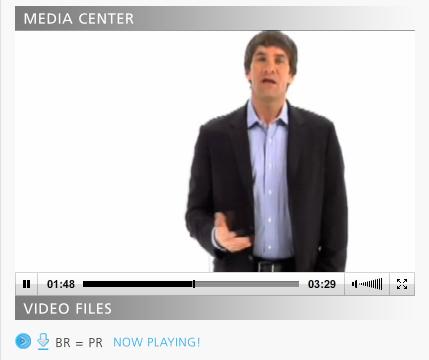Nobody has to convince me of the power of relationships in our lives.
For example, I don’t think I’ve ever gotten a job by applying for a help wanted ad — it’s always been through a personal connection.
And when I reflect back on my mom’s death, some of the strongest emotional memories come from the many ways our friends and family supported us.
But maybe because I’m an only child, or maybe just my personality type, I still tend to be pretty independent.
Example from middle school: A boy I was friends with invited me to his birthday party. I thought he was nice, and I didn’t have plans, so I agreed to go. I asked my mom to give me a ride and off I went — only to realize I was the only girl there.
Most middle school girls invited to a boy’s party would have the instinct to ask friends if they’re going, and probably to arrange to go together. It literally didn’t even occur to me.
I’ve worked to foster my relationship skills, and my willingness to reach out for input and support, many ways over the years. I took Dale Carnegie classes, and even served as a graduate instructor. I loved my organizational behavior classes in business school. I’ve read loads of self help books.

Now I’m about halfway through a new class, the Relationship Masters Academy, offered by Keith Ferrazzi’s company. You might remember me going on and on about Keith’s book, Who’s Got Your Back, a few months ago. (Here’s one blog post of many)
Every week, we have two assignments — for example, we created a list of 25 people who’ve been most influential in helping us get where we are today, and asked a person we respect and trust to give us feedback on a life mission statement we wrote.
While I’ve enjoyed many things about the course, so far I think the most moving was a short video we watched our first week. It’s Keith Ferrazzi talking for about three minutes on the difference between business relationships and personal relationships.
Or rather, on the fact that there isn’t a difference.
He says when he speaks to corporate audiences and asks them for characteristics of the best business relationships, they’ll offer up words like “trust,” “respect” and “collaborative.”
Then he’ll ask people for words to describe their great personal relationships — they’ll use words like “warmth,” “fun” and “love.”
Ferrazzi then challenges us: why are we afraid to think of work relationships as warm and caring? You might spend eight hours or more a day with coworkers, and your best bosses or colleagues surely care about you as a person and about your professional success.
So we’re working on opening ourselves up to the potential to be more real in some key professional and personal relationships — to be willing to be vulnerable, to reach out to people just to let them know when we’re thinking of them, to ask for their support.
None of it is rocket science, but when you’re used to working with your game face on, it does require a leap of faith.
Do you consider your great professional relationships different from your best personal relationships?

Nurturing my relationship skills for personal and professional development

10 Comments
Jacob
From one RMAer to another, an excellent post.
Charlene
Visiting your blog again from RMA. I thought for sure I had posted a comment here before but “just in case” wanted to reach out and let you know I enjoyed it… and can relate!
Leave a reply